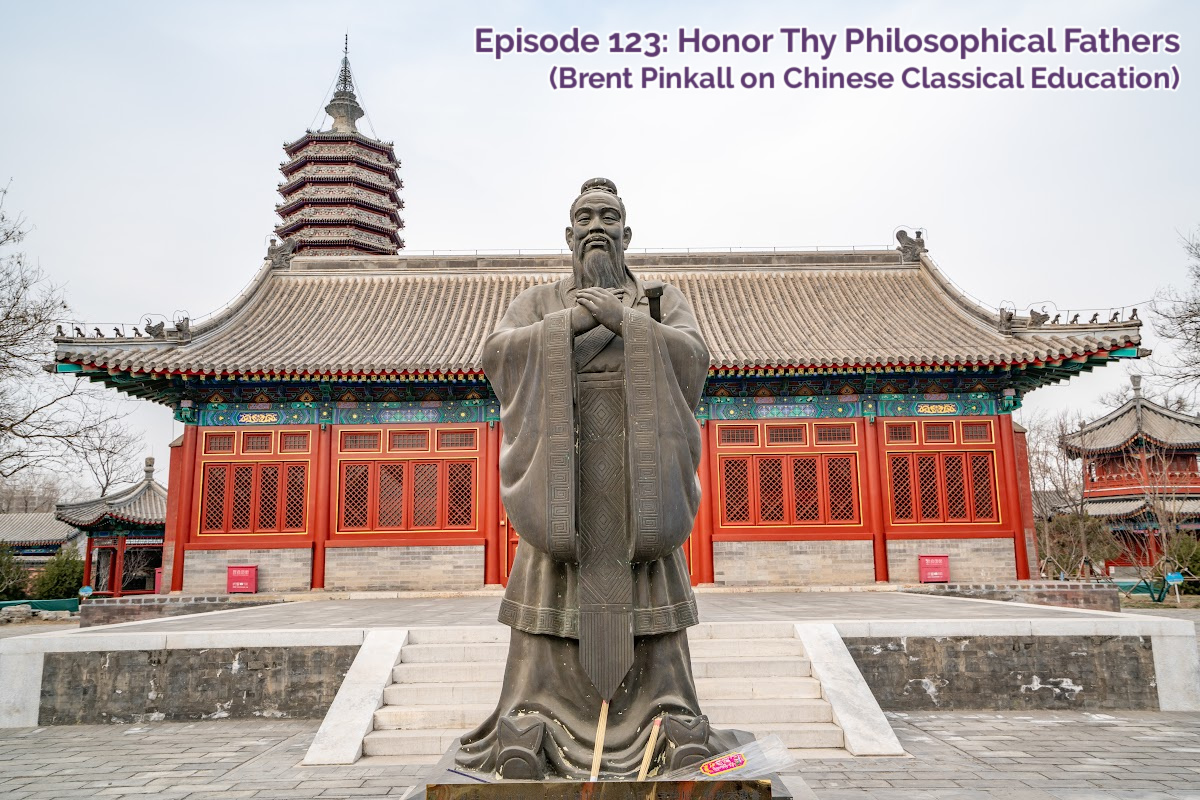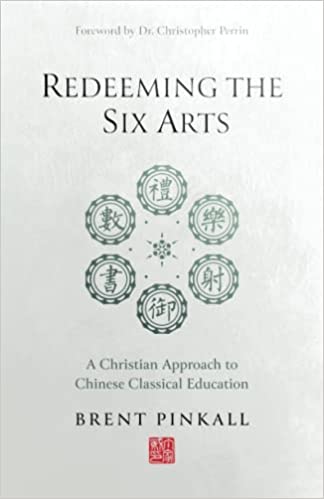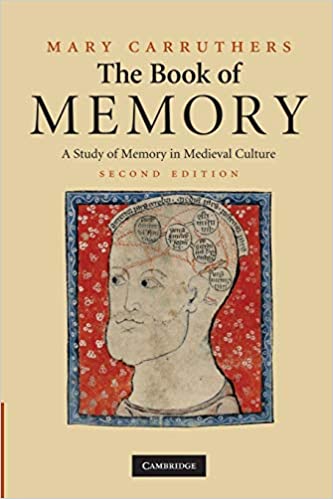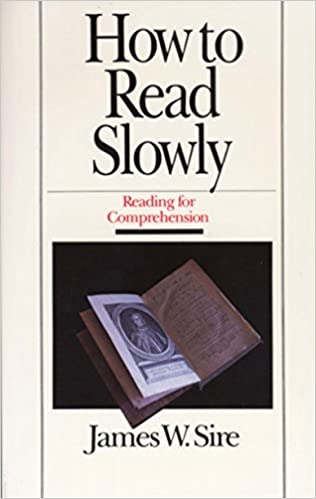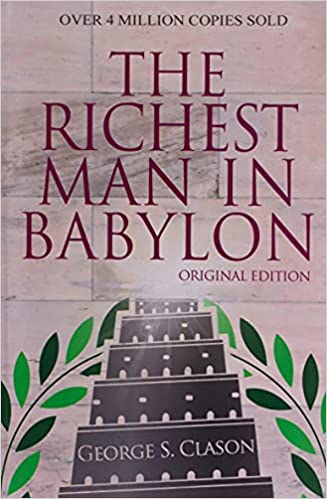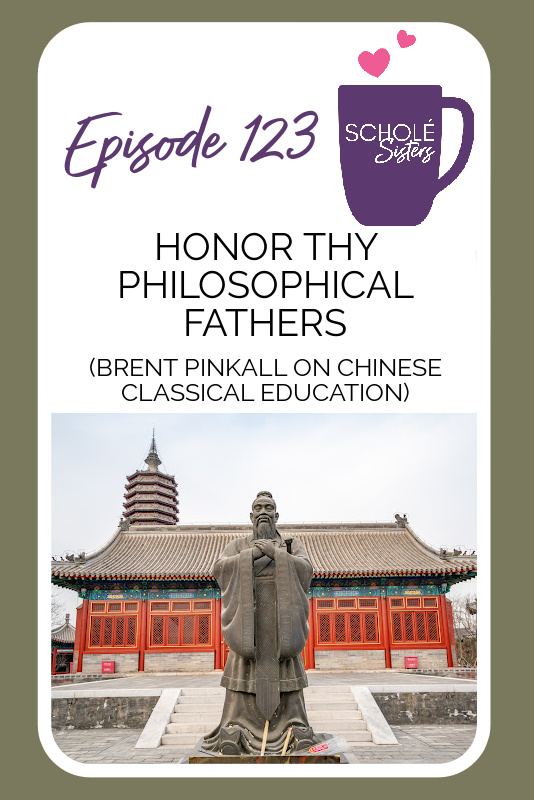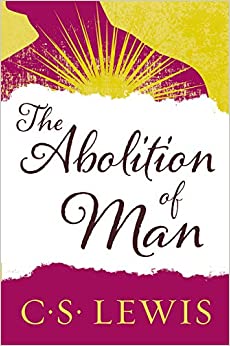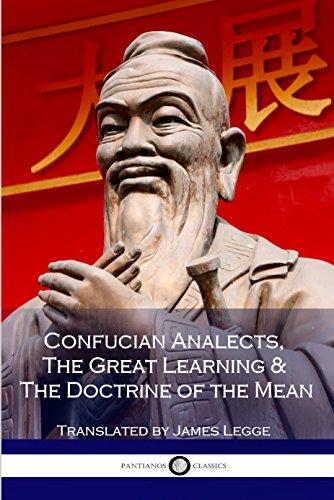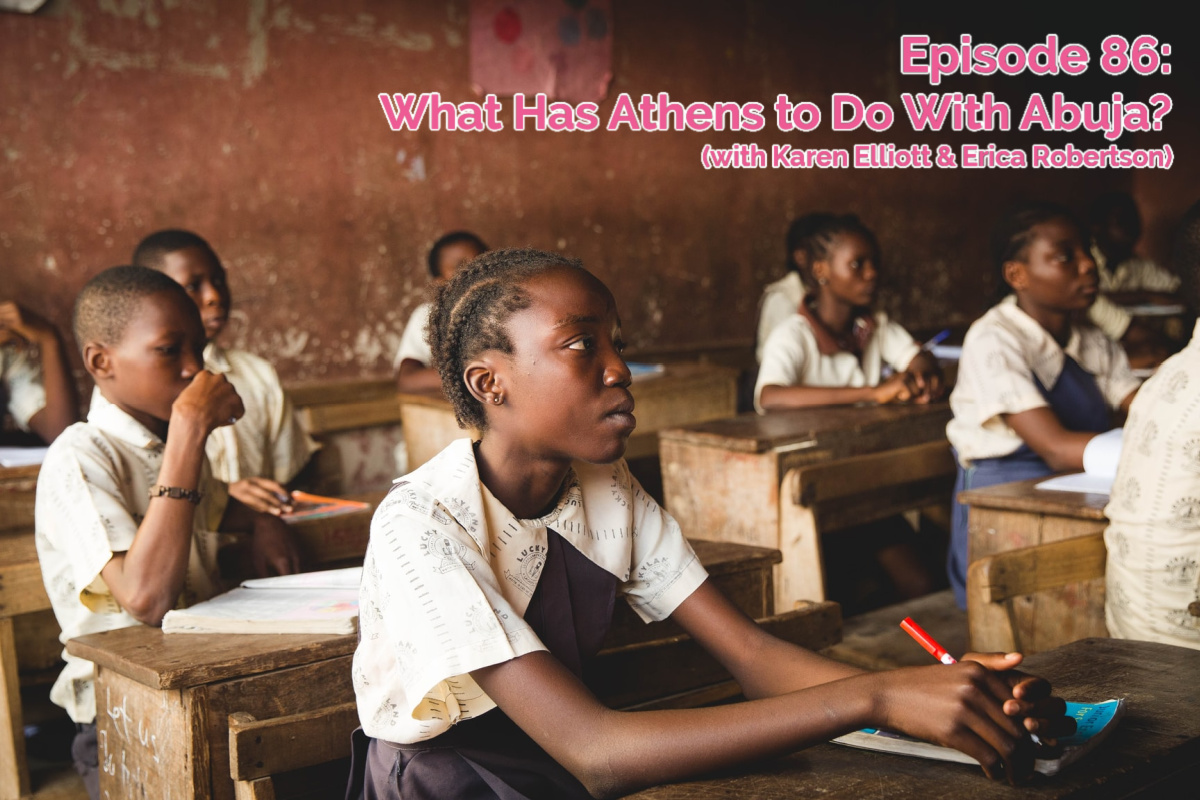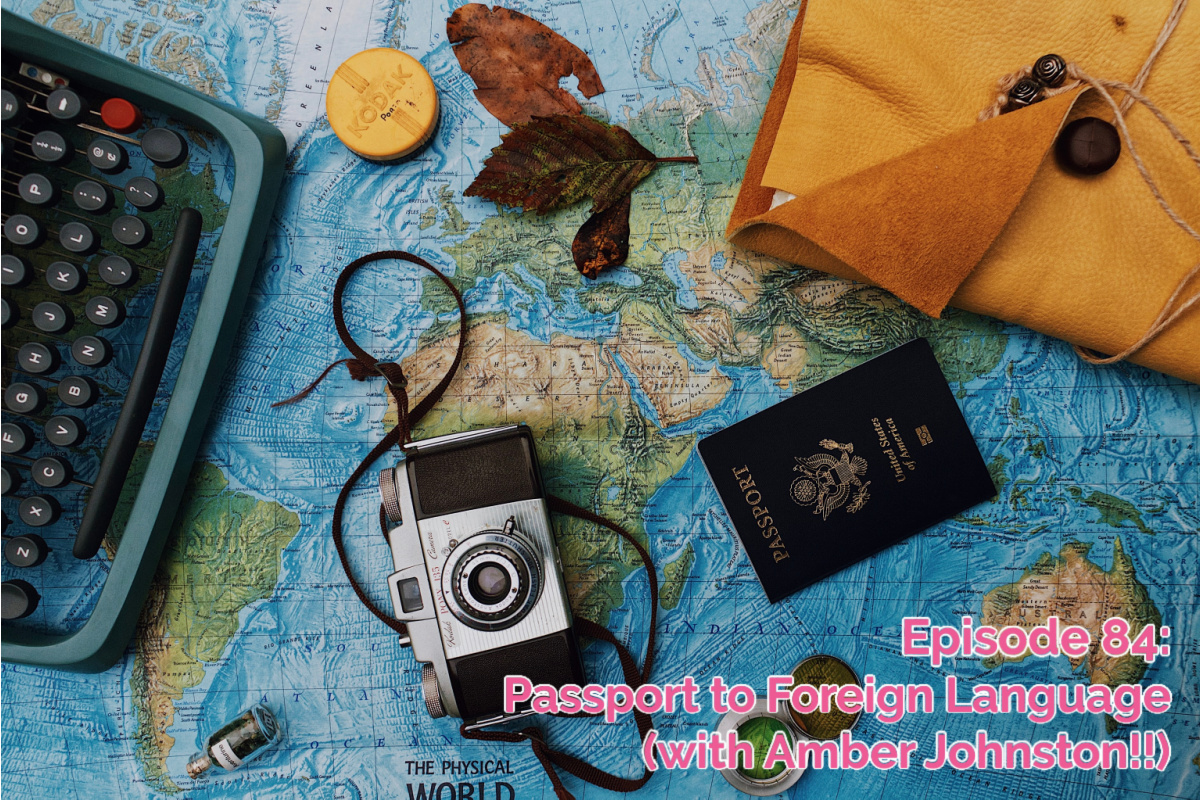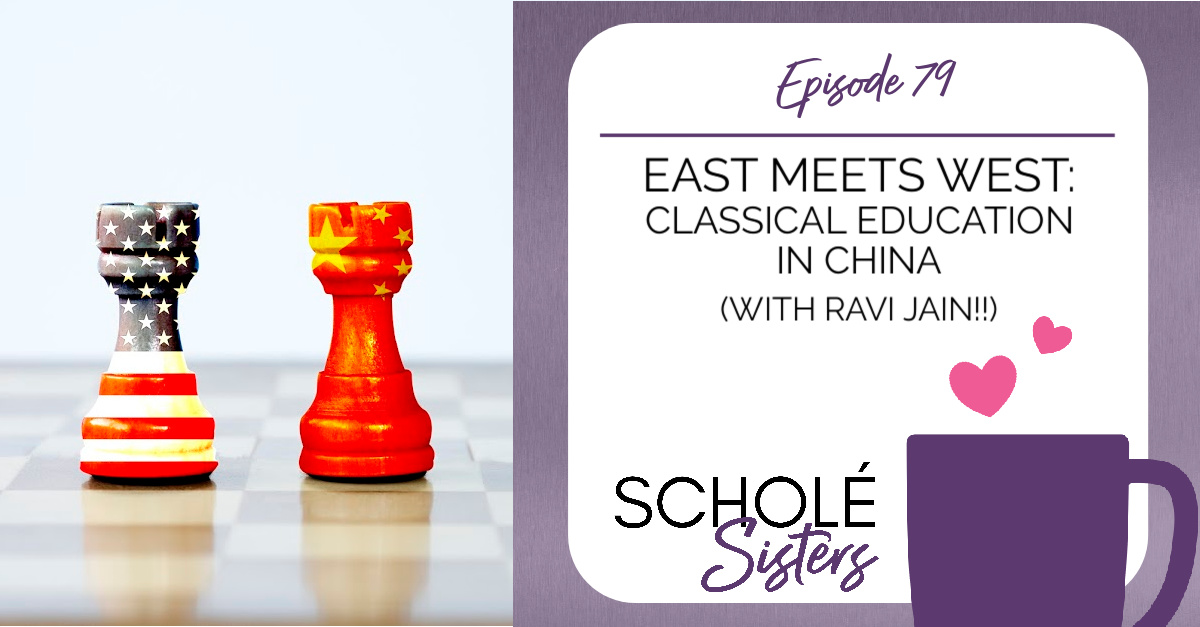SS #123 – Chinese Classical Christian Education with Brent Pinkall
Will classical Christian schools in China look the same as those in America? Should they? Is Chinese culture compatible with Christianity? What does classical and liberal art education really mean? What is the Dao and why did C.S. Lewis like to talk about it?
We dive into these questions and more with Brent Pinkall in this episode you don’t want to miss!
Listen to the podcast:
TUNE IN:
Apple Podcasts | Spotify | Stitcher
Chinese Classical Education
Today’s Hosts and Guest
Brent Pinkall is a Lecturer of Rhetoric at New Saint Andrews College. Before joining the faculty at New Saint Andrews, Pinkall taught rhetoric at a classical Christian college in China for more than five years. He has also taught at various public universities in China, including Lanzhou University, Lanzhou Jiaotong University, and Central China Normal University. In addition to rhetoric, Pinkall has taught college-level courses in logic, epistemology, history of classical education, classical pedagogy, astronomy, English, and English literature. He has ministered in China for more than twelve years, with a focus on promoting classical Christian education there.
Pinkall has authored Redeeming the Six Arts: A Christian Approach to Chinese Classical Education (Roman Roads Press, 2022) and has translated a number of publications for China Partnership and the Center for House Church Theology.
“No Chinese classical Christian school can say it is committed to the Christian tradition while simultaneously refusing to learn from the Confucian tradition.”
Brent Pinkall, Redeeming the Six Arts
Scholé Everyday: What We’re Reading
How to Read Slowly, James Sire
Mystie is reading this book on the recommendation of Renee Shepard after having owned it for more than a decade.
The Book of Memory, Mary Carruthers
Brent Pinkall is renowned for his own memory palace.
The Richest Man in Babylon, George Clason
Brandy is reading a classic book of economic parables.
Honor thy fathers in education
We often think of the fifth commandment as solely referring to obeying our biological parents. However, traditionally, reformers and others have understood “father and mother” to encompass a broader range of authority figures. This includes not just immediate parents but also grandparents and even the king. The concept of “honor” also extends beyond mere obedience. For example, a son who refuses to eat the food his mother cooks or engage with his parents’ culture and stories would not be considered honoring his parents.
Parents often try to pass on their culture, values, stories, language, food, and art to their children. It is our duty to respect and honor this heritage. Education in the Old Testament is rooted in parents teaching their children, and the fifth commandment can be seen as a fundamental basis for education. We should primarily seek wisdom from our parents. For Christians, this raises questions about honoring non-Christian parents or balancing earthly and spiritual heritages. The Bible encourages us to honor both types of parents while prioritizing our spiritual heritage.
However, this can be easily misunderstood as approving of all Confucianism or suggesting that Confucianism is on the same level as Christianity.
Religious & philosophical camps in China
It is important to note that my book was initially written for Chinese readers, and I am speaking into a specific cultural context. Within Chinese Christianity, there are two main camps: state-approved churches and illegal, conservative churches. The state-approved churches, controlled by the Communist Party, have been increasingly incorporating traditional Chinese culture, often including pagan elements.
In response, conservative Chinese Christians have rejected all aspects of traditional Chinese culture, including Confucianism. Ironically, these conservative Christians condemn Confucianism as pagan while embracing Western philosophers like Plato and Aristotle.
Confucius & Plato
Examine what the church fathers did with their pagan past. They engaged with their pagan past, sifted through it, found the gold hidden within, and discarded the rest. I encourage our brothers and sisters in China to do the same.
There is no figure in the Western tradition as influential as Confucius was to Chinese culture. Though figures like Plato and Aristotle had significant influence on the Western thought, Confucius’s influence was much broader.
In the West, by the time students graduate from a classical Christian school, they should know who Plato is and some basic ideas he held. However, it is difficult for us to grasp the extent of Confucius’s influence on Chinese culture. There are other schools of thought in Chinese history, such as Daoism and Legalism, but Confucianism was primarily imposed by the emperor, who dictated the education that would be taught.
Confucianism & Daoism in China
Daoism is more religious than Confucianism, which is more of a philosophy. The Daoists emphasize the creative powers of the Dao, while Confucianism focuses on its moral nature. When I refer to Dao in my book, I am mainly thinking of Confucian ideas, but the New Testament uses it in both senses as well.
One challenge in modern China is that most people are atheists and often look disparagingly on the Chinese classical tradition, blaming Confucianism for many of the country’s problems. Sometimes, I have to first convince them of the wisdom of their own forefathers and then show them how the teachings of the New Testament fulfill the original Dao.
What the Dao means by “Heaven”
Heaven is often thought of as a place in Western culture. However, in traditional Chinese culture, heaven refers to a monotheistic deity. There is some fuzziness between the Dao and heaven in Chinese thought, with Daoists treating the Dao as the ultimate being and Confucianism focusing more on the moral aspect.
Cultivating the Dao is called education. The Dao is subservient to Heaven, as it’s the order that Heaven imposes on the world. Heaven is used interchangeably with the term for the emperor on high.
In the New Testament, God is referred to as Heaven, paralleling this idea in Chinese culture. The Irish concept of High King also shares similarities with the Chinese emperor on high. The study of classical Christian education is rooted in common grace, which acknowledges that God bestowed grace on all cultures, even those who didn’t know Him in a saving way.
Common grace across cultures
This common grace is evident in the fact that people from different cultures, regardless of whether they’ve read the Bible, can recognize the Dao in their respective societies. Classical Christian education combines the classical aspect, which focuses on common grace, with the Christian side that gives special revelation and greater clarity.
Chinese culture has a parallel pursuit of truth and wisdom, similar to the Western tradition’s pursuit of virtue. There is a different vocabulary and emphasis, but both cultures strive to reach the objective truth. Early missionaries to China marveled at the similarities and the preparedness of Chinese culture for the Gospel.
Do the Chinese need Western classics?
Chinese tradition doesn’t necessarily need Western classics, but they are still beneficial to study. However, Christian literature is essential for their spiritual growth. The six arts and five books of Chinese tradition, like the seven liberal arts of the Western tradition, are not sufficient on their own for the education of a person. Both traditions require a more holistic approach to education.
The six versus the seven arts
The six arts have different organizing principles than the Western traditions, and they are not described in the same way. The six arts in Chinese tradition are broader and engage the whole person, unlike the seven arts in the Western tradition. They can be divided into three sections: rites and music, which cultivate the affections and soul; script and calculation, which cultivate the mind; and archery and charioteering, which cultivate the body.
The seven arts in Western tradition enable one to learn without a teacher. The Chinese tradition did not develop oratory to the degree that the West did, so Western rhetoric can be helpful in enhancing the Chinese tradition.
The six arts are sufficient for raising a gentleman, but they can be made stronger by importing some Western ideas, especially in rhetoric and formal logic.
Real multiculturalism
Cultures have different emphases, and the goal should not be to create a homogenous human. Instead, we should appreciate the differences and various gifts each culture has to offer. No matter which system one uses, it needs to actually work.
Westerners should appreciate their own cultural heritage and understand the wisdom behind it, as well as submit themselves to learning from their ancestors before critiquing them. We should also helpful to read about people from other cultures who admire the Western tradition, as this can provide new insights and appreciation for one’s own heritage.
Mentioned in the Episode
Listen to related episodes:
SS #86: What Has Athens to do with Abuja? (Classical Education in Africa)
SS #84: Passport to Foreign Language
SS #79: East Meets West: Classical Education in China (with Ravi Jain!!)


